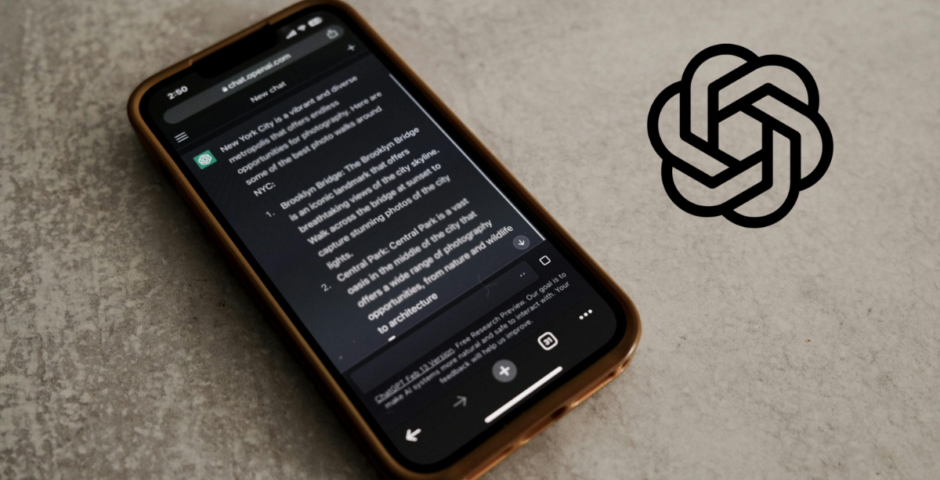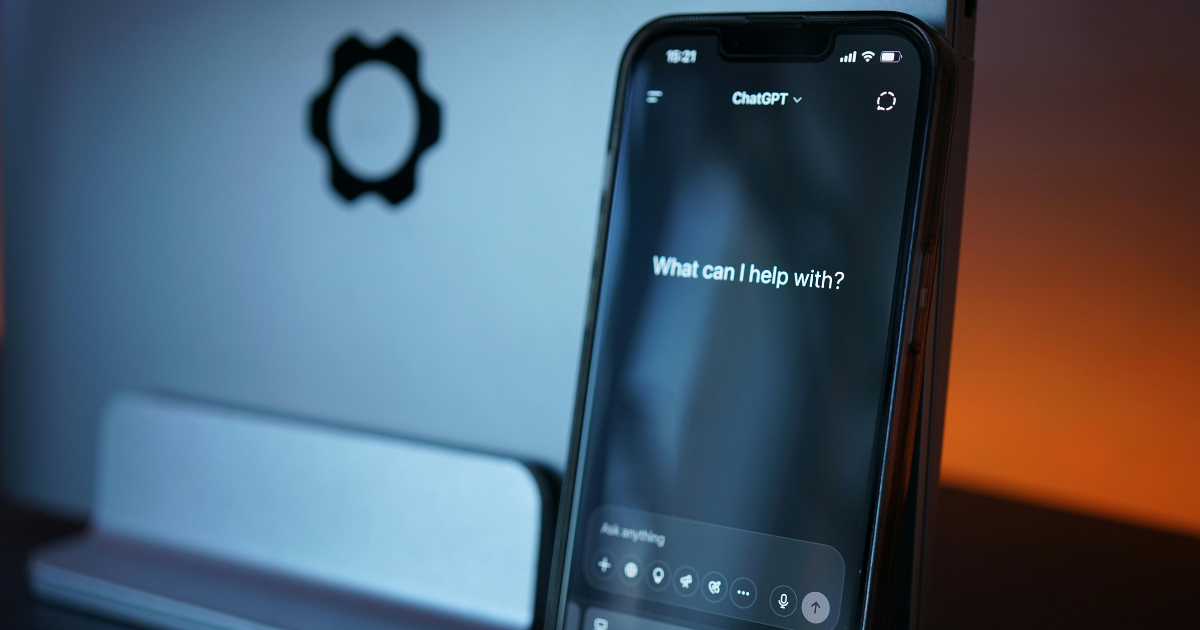
ChatGPT allegedly gave tips on how to avoid jail as 19-year-old is arrested for smashing 17 cars
Apparently, he was caught after he confessed to ChatGPT
A 19-year-old student from Missouri has been charged with felony property damage for smashing 17 cars, and allegedly, ChatGPT initially responded with tips on how to avoid jail.
Ryan Schaefer, a sophomore at Missouri State University, messaged the AI bot just minutes after the alleged incident. He asked typo‑filled questions such as “qill [sic] I go to jail” and “I was smashing the windshields of random fs cars”. Authorities say he also wrote, “I got away w it last year. And I don’t think theres any way they could know my face”.
Police examined location data from Schaefer’s phone, placing him near the parking lot at around 2:49 am, the time the vandalism allegedly took place. And near his apartment at at 4:04 am.
ChatGPT initially responded with tips on how to avoid being caught

via Canva
Some of the chat told Schaefer to get help. But the AI’s early replies also explained risks in a way that could be seen as advice on how to avoid getting in trouble. The exact messages have not been made public.
According to The Smoking Gun, ChatGPT initially responded with tips on how to avoid being caught. The court documents say Schaefer’s phone contained the conversation, which prosecutors described as “troubling” and used as part of their evidence.
Apparently, ChatGPT message exchange began 10 minutes after the vandalism spree ended. In the chat, Schaefer admitted to damaging cars and asked if he could go to jail. The messages also mentioned MSU’s parking lot and included violent comments. ChatGPT told him to “seek help,” and the conversation ended later that morning.
OpenAI CEO Sam Altman said in a podcast that chats with AI are not covered by the same legal privilege as conversations with lawyers or therapists. That means messages admitting to crimes, or discussing how to avoid consequences, can be accessed by police and used in investigations or at trial. He added, ““I think we should have the same concept of privacy for your conversations with AI that we do with a therapist or whatever.”
For more like this, like The Tab on Facebook. Featured image via Canva.




















